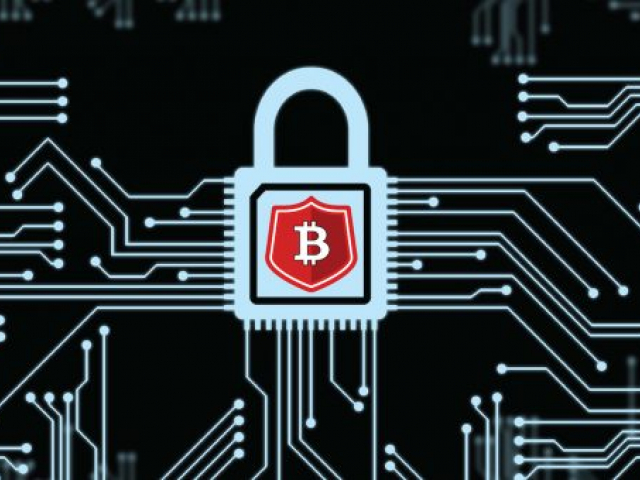
Analyzing the current state of the digital currency market experts come to the conclusion that in this sphere the percentage of fraudulent schemes is very high. Any participant in the market can fall prey to intruders. In this regard, it is important to know the main ways of scamming used by unscrupulous people wanting to steal someone else's money. Let's consider the most popular fraudulent schemes.

Fake Ethereum addresses on the Internet
Most often the participants of crypto-market suffer from fake Ethereum addresses to which they are sent by Internet scammers. Unfair users advertise a fake Web site with an address similar to what the user is looking for or an alternative ETH-purse. This mainly occurs during the initial placement of tokens (ICO). As a result, people give money, believing that they invest in the ICO of a well-known company, but in practice, they transfer their money to someone else's wallet.

Fake experts
Most of the so-called "experienced participants" claiming to be experts are outspoken crooks who gather huge audiences on specialized sites due to their eloquence and the ability to persuade. People succumb to the provocation of such an "expert" believing that he will be able to manage their portfolio for a share of profits. After a while, the cheater disappears with all the money. Therefore, you should never give your passwords or money to any self-proclaimed experts whose reputation is in doubt.

Pump and dump
Such a scam is as follows: the so-called "experts", having collected an audience, buy tokens at a low price (cryptocurrencies with a small volume of trades). Then scammers publish rave reviews, and investors begin to massively buy ("pump") these digital assets. Then the malicious users liquidate all their positions at inflated prices. Thus, "experts" earn at the expense of naive users. In order to avoid such errors, experienced market players advise to carefully study the cryptocurrencies graphics.

Fake sites and the promise of easy earnings
Experienced participants of the digital market caution: almost every known cryptocurrency expert has fake websites. Usually scammers offer to earn large amounts without much effort and investment. They give the appearance of rough activity and real earnings. Trying not to miss the chance many users send their cryptocurrency to fake addresses. Conclusion: you should get very suspicious if an unknown participant declares the need to transfer some amount to an account. First of all, experts advise checking the account of an unknown user.

Private keys for cash
There are fake Web sites, accounts and other channels on which scammers are quite active. They promise to pay a certain amount in cryptocurrency in exchange for private keys. Experts warn: no one and never should show their digital keys, including during ICO, IPO or Airdrop (free distribution of tokens).
 বাংলা
বাংলা 
 Русский
Русский English
English Bahasa Indonesia
Bahasa Indonesia Bahasa Malay
Bahasa Malay ไทย
ไทย Español
Español Deutsch
Deutsch Български
Български Français
Français Tiếng Việt
Tiếng Việt 中文
中文 हिन्दी
हिन्दी Čeština
Čeština Українська
Українська Română
Română
